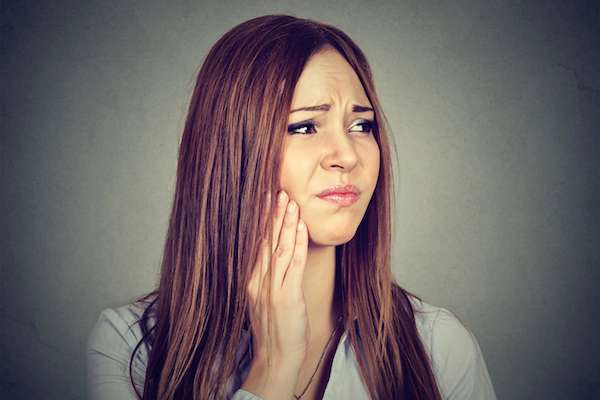 While it is always a good idea to have an emergency dentist on call, individuals can avoid a dental emergency and all the pain, cost and hassle that comes with one by taking preventative measures. In many cases, this simply entails adopting healthy lifestyle habits.
While it is always a good idea to have an emergency dentist on call, individuals can avoid a dental emergency and all the pain, cost and hassle that comes with one by taking preventative measures. In many cases, this simply entails adopting healthy lifestyle habits.
How patients can avoid a trip to an emergency dentist
Dental emergencies, which range from toothache to fractured teeth to abscesses, can be painful and costly. Many dental emergencies also come with the high risk of severe gum bleeding and even tooth loss. For these reasons and more, patients should take precautions to prevent dental emergencies from occurring entirely.
A strong oral hygiene routine
One of the easiest ways patients can avoid dental emergencies is by practicing good oral hygiene. The majority of dental emergencies involve severe tooth decay and rot, both of which can lead to dental abscesses, broken or chipped teeth, jaw bone deterioration and tooth loss. Regular brushing and flossing, paired with routine dental visits, can help keep the mouth clean and clear of bacteria and decay-causing cavities.
Stress relief
Stress can take a toll on all aspects of a person’s health, including dental health. Stress often causes individuals to engage in activities that can either cause or exacerbate existing oral health issues. Such activities include chewing on pens and other objects, clenching the jaw, nail-biting and teeth grinding. Each of these activities can crack or weaken the teeth or stress the nerves in the back of the jaw.
Many people try to stop engaging in these stress-related habits by adopting other forms of stress relief. Others find it is easier to tackle the source of the stress so that there is no desire to engage in the habits.
Mindful chewing
Certain foods, like certain habits, can damage the teeth if a person is not careful. Ice, popcorn kernels and hard candy are all examples of foods people commonly chew that can crack, chip or even break the teeth. Once a tooth becomes cracked, bacteria can easily enter the fissure and hide there, away from floss or a toothbrush. That bacteria can lead to cavities, tooth rot or, in some cases, a dental abscess. Avoiding hard foods may prove to be difficult at first, but doing so is well worth the self-control, as avoidance can prevent costly and painful dental emergencies.
Mouthguards
Many dental emergencies occur during sporting events. Individuals who participate in sports, especially contact sports, should wear mouthguards to absorb heavy blows to the mouth and protect the teeth from sustaining damage.
Check out what others are saying about our dental services on Yelp: Emergency Dentist in Long Beach, CA.
Regular dental care
Biannual dental examinations and cleanings are necessary to detect possible problems early on and to prevent issues from becoming more costly or extensive than they need to be. Additionally, a dentist can remove stubborn plaque, which can cause decay, as well as provide advice for what patients can do to reverse early dental carries.
Conclusion
Avoiding the need for the care of an emergency dentist does not have to be difficult. By following the above advice, you can protect your teeth and avoid a possibly costly and painful dental situation.
Request an appointment or call Paramount Dental Care & Specialty at 562-450-1261 for an appointment in our Long Beach office.
Related Posts
An emergency dentist can provide quick relief for any urgent dental issue. But not all dental issues need immediate resolution. Knowing when to visit this dental care provider can give you the right type of care. Here are the details on when to see your emergency dentist.This condition is also called a partially dislodged tooth.…
There is a brief window of opportunity in which an emergency dentist may be able to save a tooth that gets knocked out. The chances are better within 30 minutes after the injury and start to decrease after an hour, so prompt treatment is key. There are things you can do before seeing the dentist…
Those seeking a straighter smile who would like to avoid treatment with braces have another option, thanks to Invisalign®. This clear aligner system discreetly and conveniently addresses many tooth alignment issues. Though many prefer Invisalign to braces, for this reason, these clear aligners are not for everyone. If you are considering Invisalign, here is an…
